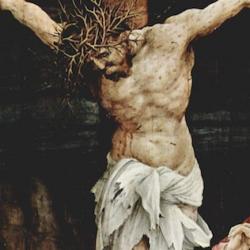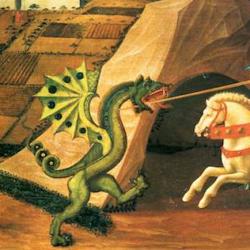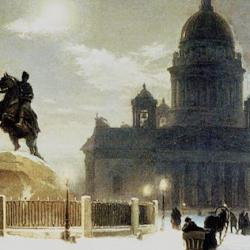Kathleen Rooney says that poets write animal poetry for two reasons: “one is because animals provide a metaphorical window into the human world from a surprising vantage. Another is because of their very inhumanness and potential sublimity. A successful animal poem makes use of both, weighing those two impulses against each other, suspending an answer to the question: can we see ourselves in nature, or not?”
Fable poems that draw lessons from observation of animals risk becoming sentimental, “insufferable and glib.” The best animal poems, Rooney thinks, are the ones that “resist reductive interpretation as symbols. They retain their alien strangeness even as they prompt the reader to contemplate their resemblance to humans.”
Melville’s “The Maldive Shark” serves as a prime example of a successful animal poem. It “is effective because it doesn’t require or insist on any single interpretation. It can be taken simply as a depiction of a shark that gives the reader an uh-oh feeling—but then leads us to interrogate that feeling. Perhaps the creepiest thing about it is that there is no thought being exercised by anyone, shark or pilot fish, and certainly no imagination. None of the fish are aware of their situation with respect to other fish. And in the end, the shark is not horrible—the meat is horrible. The anxiety at the root of the poem is not so much what jerks the pilot fish are or how ghastly the shark is, but that everybody involved is merely meat, behaving mechanistically without any self-knowledge. And the unasked question is: are we, the readers, any better?”
Could this be me? “Eyes and brains to the dotard lethargic and dull, / Pale ravener of horrible meat.”











